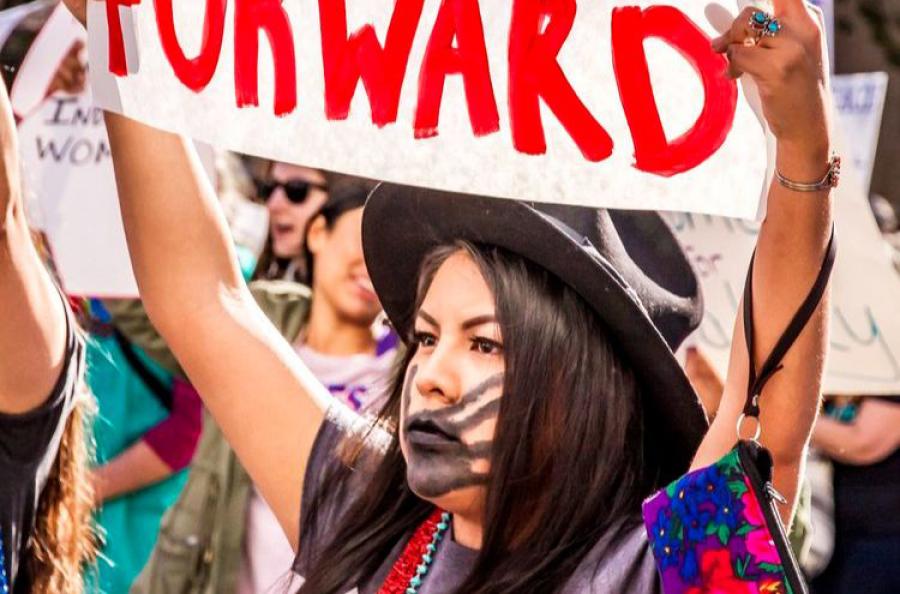1998 marks the 100th anniversary of the annexation of the Hawai'ian Islands by the United States. The centennial celebrations should not overlook the true nature of the acquisition or the annexation's effect on the peoples indigenous to the Hawaiian islands. The true story behind the annexation of the islands reflects the imperialist nature of the U.S. government at the turn of the previous century and exemplifies the effect of imperialism on indigenous peoples all over the world.
One of the major proponents for the acquisition of the Hawaiian islands, and the imperialist philosophy in general, was Theodore Roosevelt, who was Assistant Secretary of the U.S. Navy. The Hawaiian islands, located in the center of the Pacific, provided a strategic location for a U.S. military base and would help to establish the U.S. as a world superpower.
Annexation was primarily pursued though reciprocity The establishment of the sugar trade with the Hawaiian islands created a situation of economic dependence and the indigenous Hawaiian people were intuitively fearful of the sugar trade leading to annexation. In order to counter any sort of native resistance, the `Bayonet Constitution' was established, stripping the Hawaiian King of his powers and effectively diminishing democracy in the Hawaiian Islands and the indigenous community.
Native resistance, led by Robert Wilcox, attempted to set up a native republic in the stead of the imposed Bayonet Constitution. These efforts resulting in the creation of a U.S. bill to cancel the islands privileged status in the sugar trade, plunging the islands into a depression. Following negotiations, the U.S. agreed to resume sugar trade in return for acquinng the islands as a protectorate.
Ultimately, annexation was achieved due to the perceived threat of the Japanese invasion. Waves of Japanese came to the islands in increasing numbers to work in the sugar trade. U.S. military leaders feared potential Japanese occupation of the islands and created a strategic naval base in the center of the Pacific. This provided enough fuel in Congress to pass annexation legislation, in order to save themselves from the perceived "threat of the Asiatics." Hawaii was annexed in 1898.
Hawaiian protests immediately followed the annexation of the islands and U.S. actions were denounced as an "act of war." Ultimately, by establishing a government without the consent of the governed and by denying the indigenous peoples a political voice or vote, the cry went out that the annexation of the Hawaiian islands was the ultimate subversion of democracy.
Article copyright Cultural Survival, Inc.




